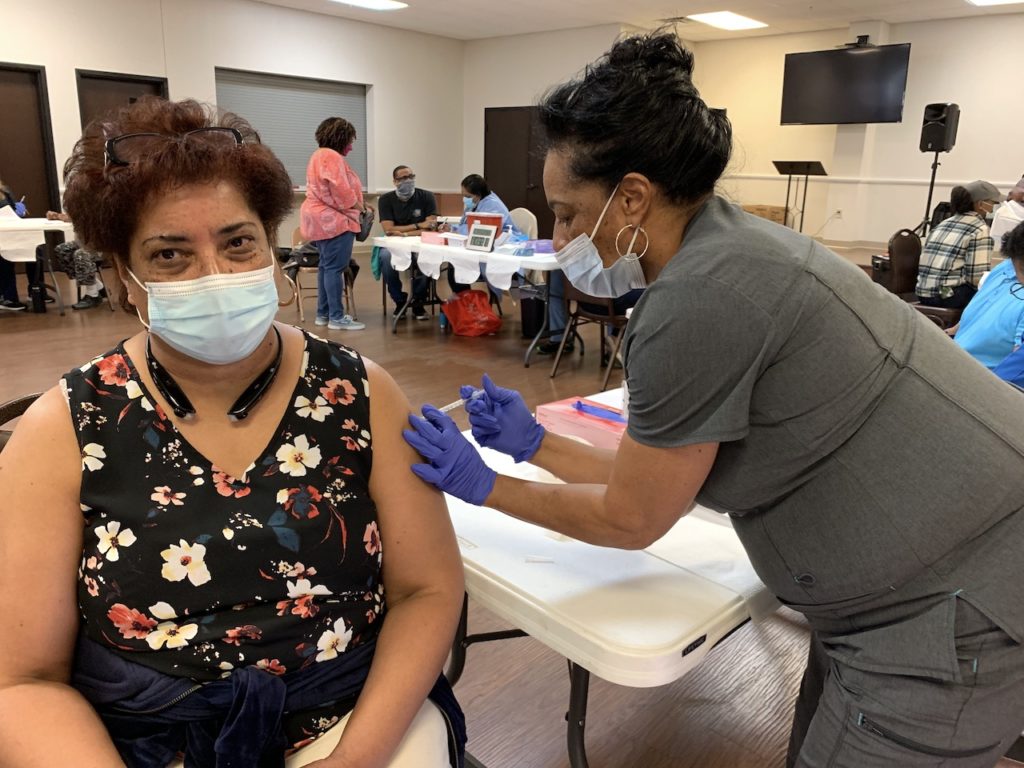
Tennessee is rethinking how it distributes the COVID vaccine — shifting from an approach that divided doses based on county’s population and to one that more closely follows demand.
The state is starting to send doses where they’re being used most quickly, which happens to be the region around Nashville.
The differences in vaccine demand across the state are stark. In rural West Tennessee, more than 80% of appointments are still going unfilled. It’s the exact inverse in much of Middle Tennessee, with more than 80% of slots filled.
Dr. Lisa Piercey, the state’s health commissioner, says the Tennessee Department of Health planned for vaccine hesitancy among some groups, such as Black people and immigrants, but has been surprised by it in other communities.
“We anticipated some degree of that,” she says. “Quite frankly, we did not anticipate to have such a low uptake in some of our areas.”
New NPR polling finds that rural residents are less likely to get the vaccine than Black or immigrant communities. The same survey found Republican men are among the most hesitant.
Since many parts of Tennessee are not using doses as quickly as they’re receiving them, Piercey has allowed them to go ahead and drop all age, health and employment restrictions and offer the vaccine to anyone over 16. She’s also now encouraging people to drive to areas with open appointments to help use up the supply.
And when officials find doses sitting idle, they’re now sending them elsewhere.
“For the counties that are not able to exhaust those county allocations, those are being redirected to counties where there is more demand,” Piercey says.
Increasingly, creating demand is becoming an issue across the South. Several states, including Georgia, are seeing a similar rural-urban divide.
And the number of doses that need to be used continues to grow. This week, Tennessee received more than 300,000 vaccines. The state’s allocation should surpass 350,000 next week.

